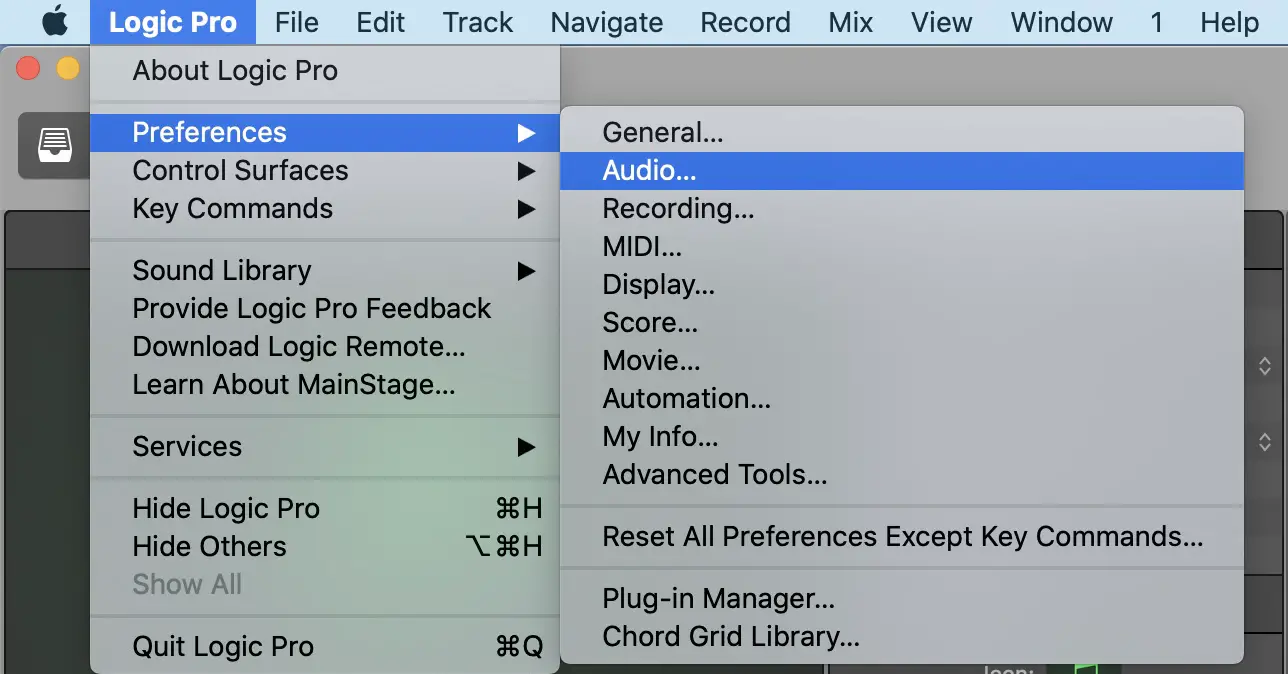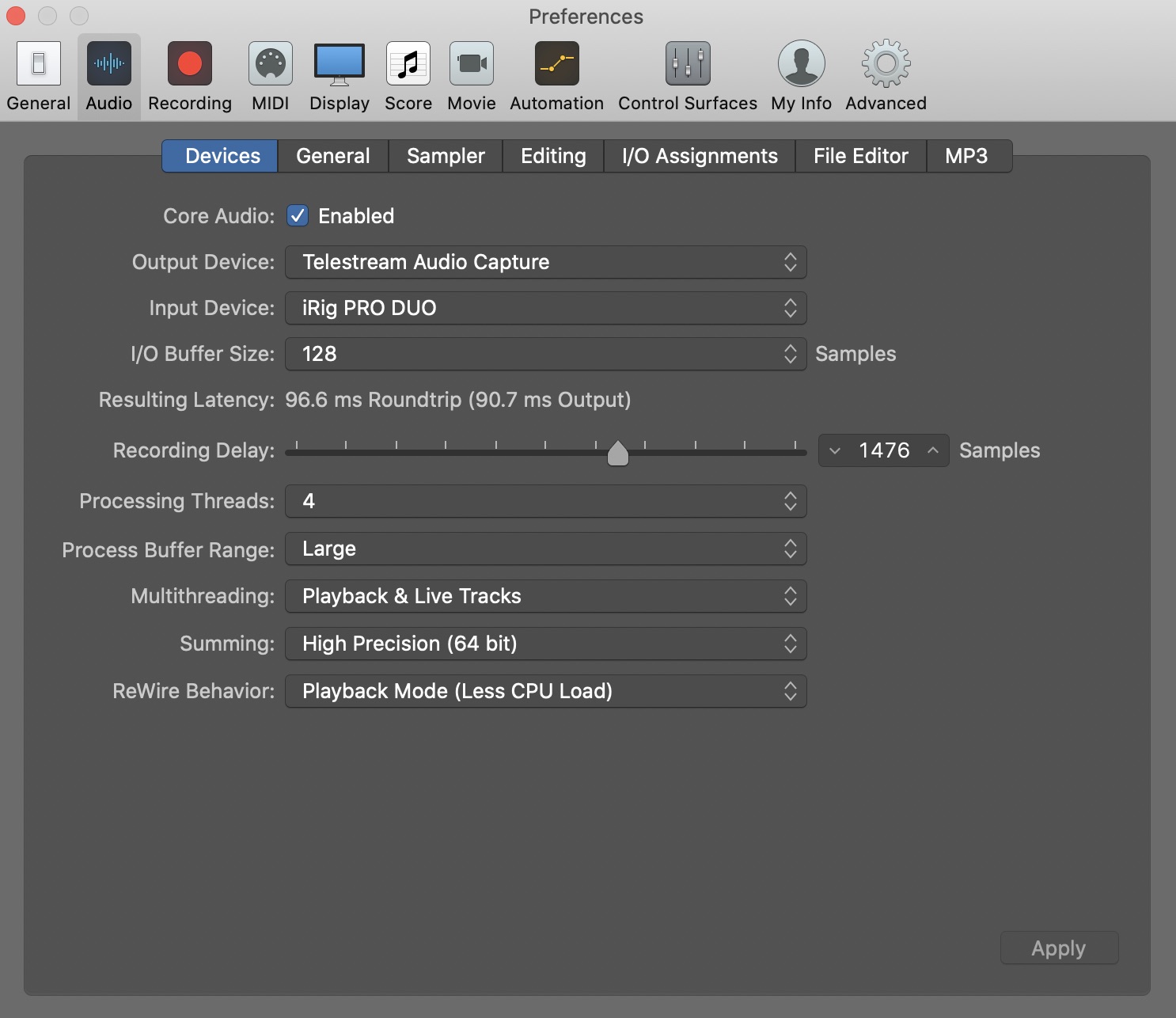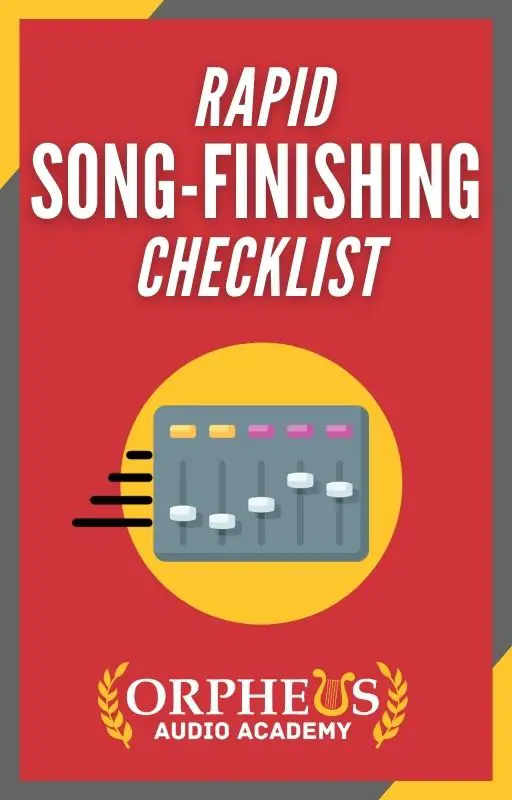If you've been experiencing delays when recording, it may be that you need to adjust your buffer size.
A good buffer size for recording is 128 samples, but you can also get away with raising the buffer size up to 256 samples without being able to detect much latency in the signal. You can also decrease the buffer size below 128, but then some plugins and effects may not run in real time.
With that in mind, in what situations would you want to raise your buffer size? Also, what your recording can also impact the size at which you want to set your buffer.
But first, just what is buffer size?
What Is Buffer Size?
Buffer size determines how fast the computer processor can handle the input and output of information.
When your buffer size is lower, the computer handles information very quickly, it takes more system resources, and it's quite strenuous on the computer processor.
In order to use fewer system resources, you can increase the buffer size so that the computer processor handles information slower.
How To Adjust Buffer Size In Logic Pro X

Every DAW is a little different, so you'll have to look up how to adjust the buffer in your DAW.
However, in Logic Pro X, which is what I use, you can set the buffer by going to...
Logic Pro > Preferences > Audio
You'll then see the audio menu, which includes the "I/O Buffer Size", and you can change the rate by clicking the drop down arrows.

Which Buffer Setting Should You Use, And When?
The buffer setting you want depends on what tasks you need your computer to handle.
When recording, you'll want to avoid latency, which is when the input you give your computer is delayed. So if you were recording vocals, you voice would sound delayed in your monitors.
Therefore, when recording, you'll want a buffer size of 128, or maybe 256 max.
When you are mixing and mastering, latency doesn't matter because everything has already been recorded. You'll also be needing your computer to handle all of your plugins and tracks, so you'll want to increase the buffer to the max of 1024.

What Buffer Size Should You Use When Recording MIDI?
What you're recording also matters. If you're just recording MIDI, you can get away with a really low buffer size like 32 or 64 samples so you can play your MIDI notes with no latency.
This is especially important if you are recording notes with a fast attack, like drum hits, stabs, or plucks.
Also, if a particular instrument itself is resulting in latency, you could even record the notes you want with a different instrument, and then change the instrument after the fact. That's the beauty of MIDI!
What Buffer Size Should You Use When Recording Audio?
When recording audio, you are going to want a slightly higher buffer to avoid crackling and other audio interruptions.
So for recording audio, I would aim for the 128 - 256 range.
The only exception would be if you aren't using input monitoring. In other words, if you aren't listening to your voice or instrument while recording, then it doesn't really matter that there is latency, and you can raise the buffer.
Does Buffer Size Affect Sound Quality?
Buffer size does NOT impact sound quality, so don't worry about moving the buffer size around. The buffer setting only impacts processing speed and latency.
Finish More Tracks, Faster!
I don't know about you, but technical stuff like this is a drag. Let's get back to the fun stuff, like finishing more tracks, and doing so faster!
I created a free mixing checklist that you can use to do just that!

Create Better Songs, Faster
Click below to download my free song-finishing checklist to help you create radio-ready songs without taking months to complete them.
I hope you found this post on what buffer size is good for recording, helpful!
Let me know in the comments below...

Great Information. Well Explained Cheers